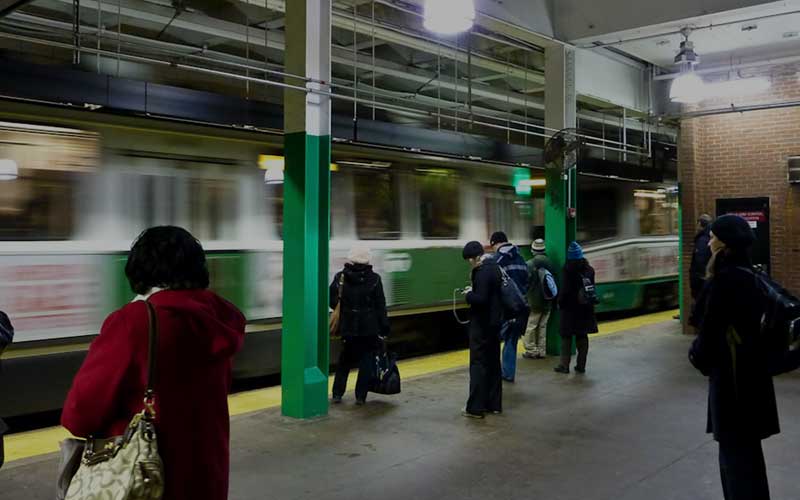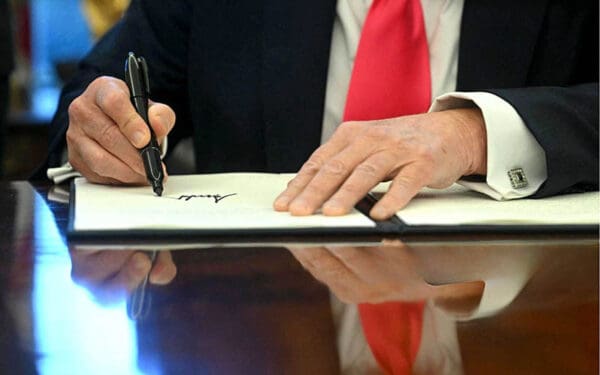
The Trump administration included the MBTA Green Line extension on the list of infrastructure projects it supports, but we've yet to see any action by the administration to implement the President's promised $1 trillion in public works investments.
If there was one issue where candidate Donald Trump seemed to offer a promise that both sides of the aisle could get behind, it was his vow to spend $1 trillion on public works over the next decade. It would be an investment, he said, in repairing and upgrading the nation’s transportation systems. Unlike the rest of Mr. Trump’s agenda, that’s something that Conservation Law Foundation can, in theory at least, support.
For decades, CLF has fought for and often won improvements to our region’s streets, public transportation, and airports. These improvements have helped to limit sprawl, made the air we breathe cleaner, and reduced greenhouse gas emissions that contribute to global warming. They have also improved transit access for those of us left behind by bad transportation planning.
Plenty of Noise on Infrastructure, but Little Action
But even though Mr. Trump’s pledge, which he repeated to a group of the nation’s governors after taking office, is broadly popular across party lines, his administration has done little to advance this agenda over the past year. We have heard repeated announcements that a more detailed vision for the sources and targets of the $1 trillion investment will be spelled out, but we are still waiting for a concrete plan to be released. If we have learned anything, we can expect that under the administration’s proposal the federal government would make only a fractional down payment on rebuilding the nation’s aging infrastructure. Instead, states, cities, and corporations would shoulder most of the costs.
Forward Motion Here at Home
CLF, therefore, is not waiting around to advance this critical issue in New England. We continue to push to increase funding at the state and local level to improve public transportation, create bike and pedestrian networks, and implement other ways to expand access and mobility for ALL of us.
One of our highest priorities is the MBTA’s long-anticipated Green Line extension, which is a critical project that the Trump administration appears to support. We recently learned that two contractors have submitted bids that meet the extension’s new budget requirements; so after years of our advocacy, the project is, at last, going forward. Even as we advocate for projects like this that benefit our communities and our climate, we will question proposed projects that don’t. This will include local and federal proposals to expand highways, such as I-93 in New Hampshire and the Maine Turnpike, because little evidence shows that adding lanes reduces traffic congestion and the air and climate pollution that come with it.
Keeping a Watchful Eye on Federal Proposals
We do hope, however, that when the White House finally does get around to advancing an infrastructure plan, that President Trump remembers his New York City roots. That’s a city like Boston, where public transit is essential to the region, and it provides clear proof that a healthier environment and a prosperous economy are not at odds; on the contrary, they go hand in hand. Unfortunately, the Trump administration’s proposed budget currently points in the opposite direction, proposing to cut critical transit projects.
If the President ignores his urban roots, then we at CLF will continue our work both in New England and beyond to ensure that the federal government supports public transportation and acts to improve rather than worsen air and water pollution from unwise infrastructure projects. In the meantime, you can count on CLF to promote investment in New England that increases access and mobility and sustains the environment rather than degrades it.



